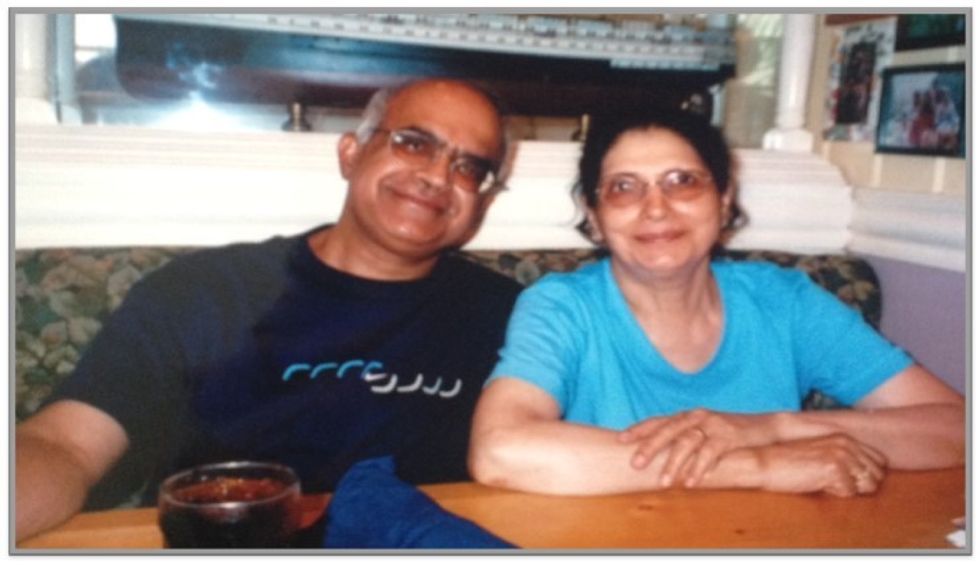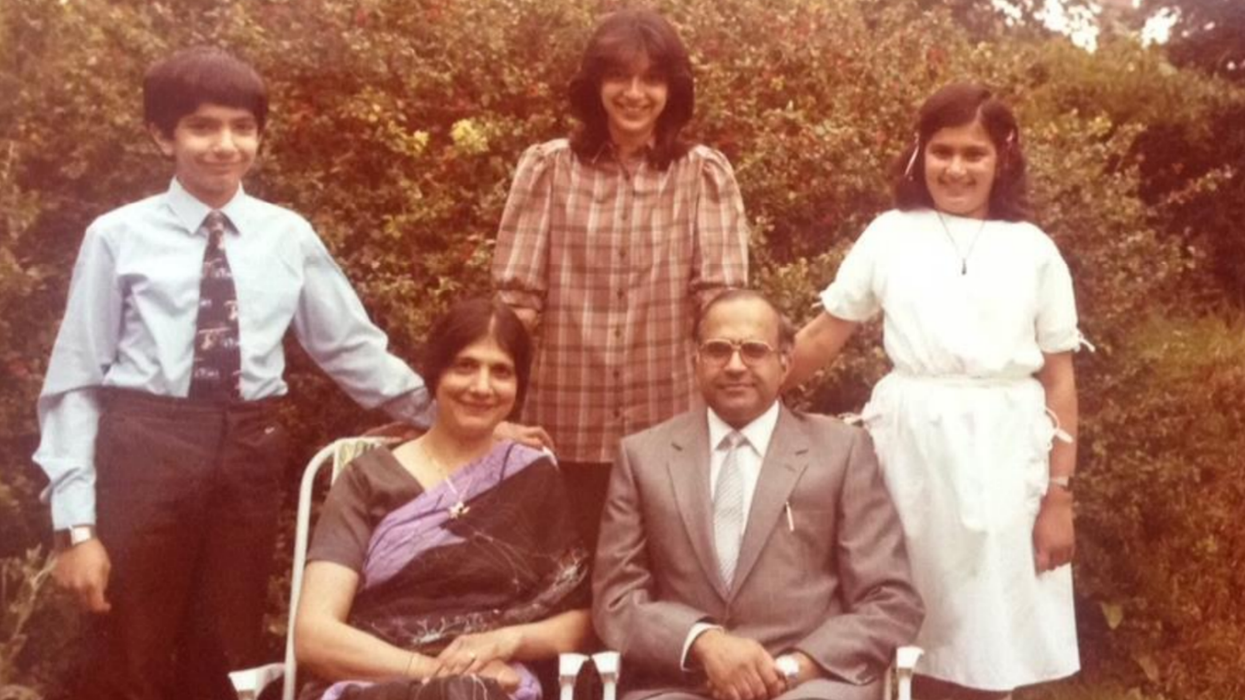Highlights
- Memoir traces a mother’s journey from rural Punjab to post-war Britain
- Blends personal history with wider South Asian migration narratives
- Aims to challenge negative portrayals of immigrant communities
A family story that became a book
Origins: The Roots We Stand On, published in 2025 under the pseudonym Omar Hassan, began with a deeply personal request. In 2016, as her health declined, the author’s mother asked him to give a lecture about her life during a large family reunion. That presentation, first delivered through PowerPoint slides to a hundred relatives, became the foundation for a manuscript that evolved into a published memoir.
The book grew from family notes and stories meant for children, who were enthralled by the characters and history, into a wider project that sought to preserve a legacy. “It slowly dawned on us all that with that small, unusual and apparently innocent request my mum had managed to cement in us all a deeper appreciation for our origins and respect for our family’s struggle,” Omar writes.
From Punjab to post-war England
The book traces his mother’s journey from a small village near Jalandhar in Punjab, then part of British India, through Pakistan and finally to Britain in the 1960s. She had never travelled before her marriage, and found herself in the grey industrial landscape of post-war England, unable to speak the language and cut off from her roots.
Her experience reflected a broader migration wave. These were not refugees, Omar stresses, but workers invited under Britain’s post-war plan to rebuild key industries. “They were, in fact, invited guests – part of a plan to rebuild a Britain battered by World War II.”
Building a life and legacy
For Omar’s parents, education and work were central milestones. His father earned a PhD, a defining achievement, while his mother eventually returned to teaching, which she had loved in Pakistan. Family milestones, such as their first holiday abroad, often combined necessity with ingenuity, and became part of the shared memory that fills the book.
Blending memory and history
Origins draws on oral history through countless conversations, supported by archival research including immigration records, newspapers and maps. One unexpected treasure came from a school project where Omar’s niece asked her grandparents detailed questions about their early lives. Their written answers later became invaluable, offering insights that might otherwise have been lost.

Giving voice to women’s stories
While many accounts of migration focus on men’s work, Origins highlights the overlooked experiences of women who came through arranged marriages. Often isolated, they became the architects of their families’ futures, raising children, enduring hardship and creating stability. Omar notes that these stories are not just about struggle, but also about humour and warmth.
Writing, publishing and what’s next
The writing process took shape slowly, shaped by emotion and reflection, before Omar and his sisters completed the manuscript and self-published on Amazon in paperback and Kindle formats. Wider distribution through independent bookshops is being explored, and a follow-up book is planned on the second generation’s experience.
Pride in immigrant communities
At its core, Origins seeks to highlight dignity in everyday sacrifice. “Pride doesn’t always look like loud success or headline-making stories,” Omar writes. “Sometimes it looks like mothers ironing uniforms late into the night, fathers working weekends to send money home, families crowding into small spaces so their children could have bigger lives.”
In turbulent times, he hopes the book can counter negative media portrayals of immigrants by affirming their struggles and celebrating their contributions. “Yes we would be delighted to answer any questions you have. I hope in these turbulent times we could specifically have the opportunity to highlight pride that immigrant communities should feel, contrary to the often negative depictions of current mainstream media.”
Origins: The Roots We Stand On is available now on Amazon.





